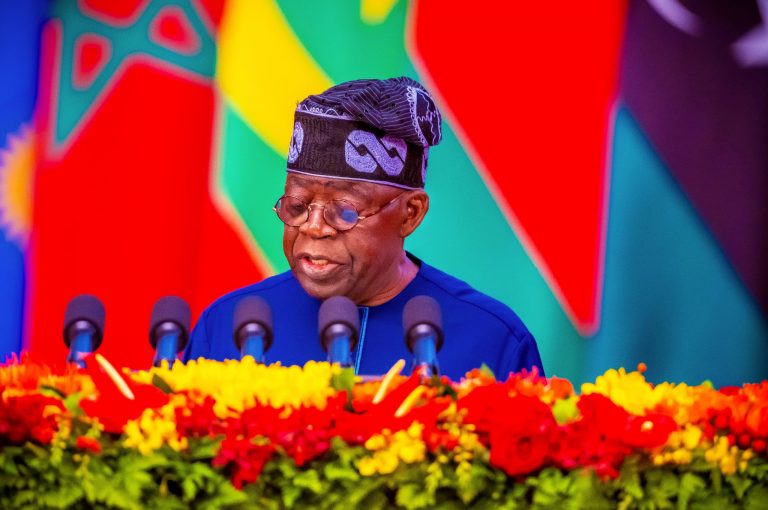
Marketers, refiners demand total subsidy removal.
Petroleum marketers, refiners, and depot owners in Nigeria have called for the full deregulation of the downstream oil sector, seeking to end government price controls due to subsidies.
The Major Energies Marketers Association of Nigeria, in collaboration with the Depot and Petroleum Products Marketers Association of Nigeria, Crude Oil Refiners Association of Nigeria, African Refiners and Distributors Association, and Petroleum Products Retail Outlets Owners Association of Nigeria disclosed this during a webinar on Wednesday.
The discussion, themed ‘Optimising the Nigerian Oil and Gas Industry’, brought together key stakeholders from various sectors of the oil and gas industry to discuss challenges, opportunities, and strategic initiatives for enhancing the sector’s efficiency and sustainability.
In a communique made available to our correspondent on Wednesday by MEMAN, participants were said to have discussed the implications of recent price hikes in petroleum products and emphasised the need for full market deregulation.
“A market-driven pricing mechanism was advocated to promote competitiveness and operational efficiency. The removal of government controls on pricing was seen as essential to fostering a more dynamic and responsive industry.
“The call for complete deregulation and market liberalisation was reiterated. The benefits include improved efficiency, enhanced product availability, and increased private sector participation,” the communique read partly.
There was a strong emphasis on supporting local refineries to decrease dependency on imported petroleum products.
The stakeholders called for freedom for marketers to purchase crude oil from local and international sources and for refineries to enter into processing agreements with retail companies.
The discussions also underscored the importance of transitioning towards cleaner energy sources, including Compressed Natural Gas and Liquefied Petroleum Gas.
The stakeholders also made a proposal for the establishment of a new committee structure in the petroleum sector, inspired by the Bankers’ Committee in Nigeria.
This structure, they said, would include a Midstream and Downstream Industry Coordination Committee to focus on enhancing collaboration within these sectors, chaired by the Chief Executive of the Nigerian Midstream and Downstream Petroleum Regulatory Authority.
They called for an Industry Interface Committee to manage interactions between the upstream and downstream sectors; and a Petroleum Industry Consultative Assembly assembly bringing together stakeholders from across the oil and gas sectors, chaired by the Minister of State for Petroleum Resources (Oil).
“These committees aim to foster collaboration, ensure regulatory compliance, facilitate conflict resolution, and provide strategic oversight, akin to the role played by the bankers’ committee in the banking sector.
“The creation of industry-wide consultative committees was suggested to enhance collaboration, innovation, and conflict resolution, addressing supply chain inefficiencies and infrastructure deficits was deemed crucial for long-term sustainability,” the communique said.
The oil sector investors also advocated for significant investment in infrastructure to enhance distribution and storage of petroleum products.
They called for the adoption of new technologies to optimise supply chains, reduce smuggling, and prevent adulteration.
Similarly, the business owners emphasised implementing sustainable practices, such as reducing gas flaring, promoting renewable energy use, and investing in carbon capture and storage technologies to align with global sustainability goals.
They also saw the need for a clearer and more supportive regulatory environment with references to the Petroleum Industry Act and its provisions, saying better implementation of policies is necessary to facilitate easier licensing, investment, and refinery operations.
“The webinar also highlighted Nigeria’s potential to become a significant producer of plastics and petrochemical products. Stakeholders discussed leveraging the country’s abundant natural gas resources to develop a robust petrochemical industry. “This would reduce imports, create jobs, and support the local economy. Emphasis was placed on establishing the necessary infrastructure, such as petrochemical complexes, and adopting policies that encourage local manufacturing and value addition. The shift toward producing plastics domestically aligns with the broader strategy of industrial diversification and economic resilience.
“The webinar concluded with a commitment from all stakeholders to work collaboratively toward optimising the Nigerian oil and gas industry. Emphasis was placed on the need for strategic investments, policy reforms, and innovative practices that align with global standards and sustainability goals.
“The proposed establishment of the petroleum committee will serve as a key platform for fostering collaboration and guiding the sector through its ongoing transition,” the communique stated.
Source:- Punchng
Now Playing: Love Bug
Aretti Adi
SPONSORED LINKS
LOAN FOR TRAVEL, VISA, JAPA, PoF UP TO N200M (CLICK HERE)
[CLICK HERE] For Music Artwork, Website Design And SEO Setup
INSTALL 9JAFLAVER MUSIC APP, STREAM, DOWNLOAD, AND PLAY MUSIC OFFLINE
CHECK OUT FUNNY PICTURE AND MEME HERE (CLICK HERE)
Chissom Anthony – Glory To God In The Highest [See Trending Gospel Song]
Copyright © 2014-2026 9jaflaver. All Rights Reserved.
About us | DMCA | Privacy Policy | Contact us
| Advertise| Request For Music | Terms Of Service
9jaflaver is not responsible for the content of external sites.